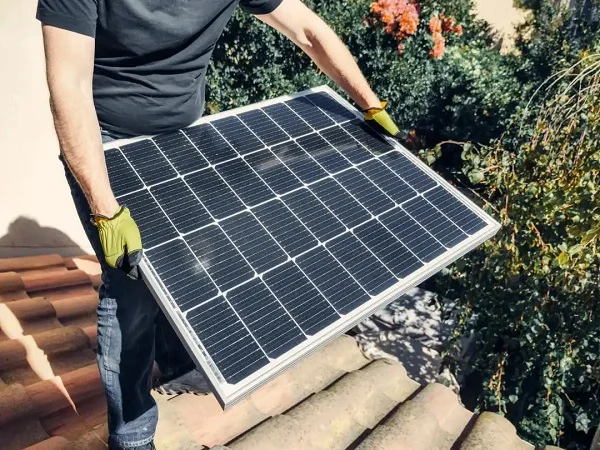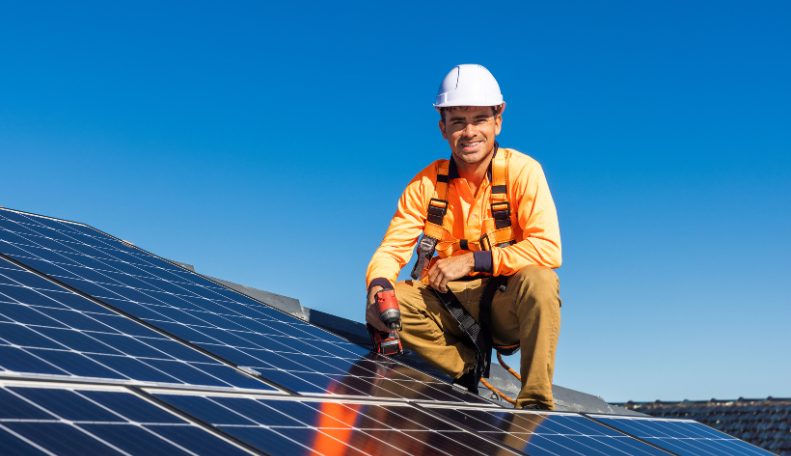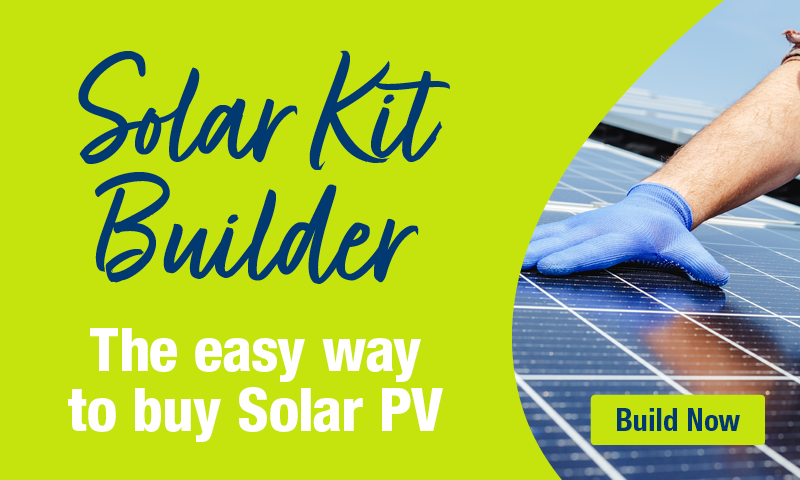Are Solar Panels Worth It?
Solar
Published date: 29 July 2024 / Read time: 6 mins
Free renewable energy generated from your own roof that can save you hundreds of pounds on your energy bills.
On paper, solar PV panels are a complete win-win. Lower energy bills, reduced carbon emissions, and even the opportunity to make some money by selling any surplus energy generated back to the grid.
So, wouldn’t it make sense for everyone to have solar panels fitted to their roof?
It’s been almost four years since solar subsidies were phased out. Since then however, electricity prices have hit new highs, with no signs of slowing down anytime soon.
So what does this mean for the economics of solar panels? Are solar panels worth it in 2023? Let’s take a deeper look…

Will solar panels save me money?
If you have a sunny, compatible roof, solar panels will undoubtedly save you money in the long term. The Energy Saving Trust has stated that solar panels will shave around 15-25% off your electricity bill each year, based on UK average use.
Based on current electricity prices, a typical 3.5kw PV system could provide annual savings, including Export Tariff, of between £335 and £610. Savings vary by location, occupancy, and how you use the system - but give a good indication of what can be achieved with an efficient solar PV system.
What’s more, solar panels may increase the value of your house, as potential buyers may consider the fact that houses with solar panels are cheaper to run.
Savings like this are incredibly tempting - especially in the midst of an energy and cost of living crisis, where every penny counts. Yet it’s important to remember that solar installation requires a fairly high initial investment.
Depending on the size of your roof and the solar panels you install, you can expect to spend upwards of five thousand pounds on solar panels.
To help homeowners with the cost, March 2022 saw the Chancellor scrap VAT on solar panels, as well as on home insulation and heat pumps.
Instead of the 5% VAT previously applied to solar panels, homeowners will now pay 0%. This means the average household will benefit from tax savings of over £1000 on new solar installations. This will remain in place until at least 2027.
Can any house have solar panels installed?
The current demand for solar panels is higher than ever. Rising energy prices have pushed more homeowners and businesses towards renewable solutions that promise to pay for themselves - and then some - in an increasingly short timeframe.
Since consumer demand for solar panels is so high, installers may prioritise solar installations that will be the most beneficial.
This includes houses where the roof faces south, south east, or south west - as north facing roofs generate around 15-30% less power than south facing roofs.
The following reasons may also cause installers to reject a solar installation on your roof:

- Little to no roof space - even a small 3kW system requires around 15 square metres of clear roof space.
- A damaged, weak, or fragile roof - Solar panels demand a roof of decent strength due to their weight. An installer will analyse the structural integrity of your roof to determine whether it’s suitable for solar panels.
- Heavy shade over the roof - Solar panels don’t need full sunlight to generate power, but they do require daylight. Nearby chimneys, trees, and buildings can all cast heavy shade on your roof, negatively impacting the effectiveness of solar panels.
- No space for the inverter - Solar panels require at least some loft or upstairs space, as the inverter will be installed there. Inverters are quite small - about the size of a microwave - so they can be installed in cupboards on the top floor, if no loft space is available.
- A shallow or steep roof - A 50°+ angle roof is too steep for solar panels, as they would be shaded for a large part of the day. On the other hand, a roof with a pitch of 15° or less may be too shallow, as the solar panels won’t be able to self clean and will quickly become dirty - and therefore less efficient.
Are solar panels worth the cost?
If your roof meets the above criteria, and you can afford the initial expenditure - solar panels are certainly worth the cost if you’re looking to reduce your energy bills and cut household emissions in the long term.
If you’re considering solar PV panels for your property, get in touch with the Energy Efficiency team at City Plumbing.
With combined decades of experience in solar PV panels and other renewable technology, we’re perfectly placed to advise you on the most effective low-carbon solutions available for your home or business.




